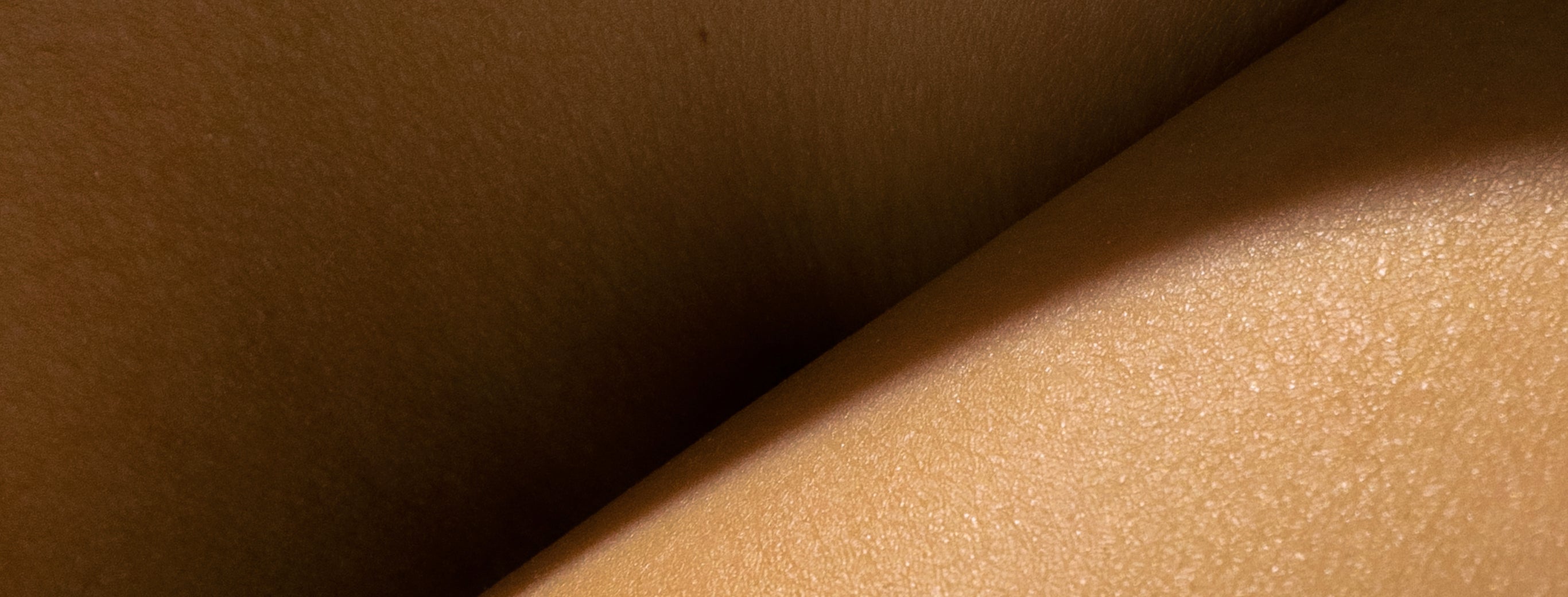"Eat More Protein" is bad advice for plastic surgery
Have you been told “just eat more protein” for your surgery?
Although this advice is not wrong, per se, the advice does not necessarily lead to a stronger recovery.
In fact, solely eating protein while ignoring other micro and macronutrients can lead to complications and stalled incision healing.
Here is why this advice “just eat more protein” is subpar in the setting of cosmetic surgery.
What happens after surgery?
The body begins the “surgical stress response.” To start the healing process of the wound, metabolism increases, speeding up movement of hormones that signal inflammation and blood clotting. These processes also help to block off the wounds and prevent bacteria from entering.
This process is also called hypermetabolism and requires mostly glucose, from carbohydrates, and fat to be used as energy. Just like a person needs more energy when exercising, the body needs more energy to heal a wound.
If protein is provided alone without the other macronutrients, it would be used as an energy source. This would use protein that should be focused on creating new tissues and closing the wound, slowing the healing process.
What happens when you solely focus on more protein:
-
You can become deficient in micronutrients.
Some micros important to wound healing, but not found in high protein foods (animal proteins and beans/legumes), include vitamin K, vitamin C, and vitamin E. Also, vitamin D, while found in salmon and fortified foods like dairy milk, up to 42% of women are deficient depending on the time of year.
-
You have a slower recovery because you don’t have glycogen stores.
Glycogen is the stored form of glucose in muscles and the liver. In times of high metabolism, the body will empty these stores. Thus, if not enough carbohydrate is being eaten, the body will look to other forms of energy, slowing down healing since these energy sources need to be changed into a usable form.
-
Your body starts using your own muscles.
The body can begin breaking down muscle into amino acids, the smallest parts of muscle tissue. The amino acids would be used to heal the wound and provide energy to the body. In order to maintain lean body mass (muscle) and speed up healing time, the macronutrients must all be increased in the right proportions.
*As a special note here, following a ketogenic diet around the time of surgery is not recommended.
Here is how to eat before surgery:
- Carbohydrates
- We recommend at least 150 g before surgery and over 250 g after.
- Produce
- We recommend 2 cups of produce (fruits and vegetables) and lunch and dinner. This will help you replenish nutrient deficiency.
- Protein
- Eat at least 20+ grams of protein at every meal and have 20 gram snack daily. Don't know how much 20 grams is? See the IG here.
What else does the body need to heal an incision after cosmetic surgery?
Now that we know that all macros, carbs, fat, and protein are required, equally important are micronutrients to quicken healing and prevent complications.
Focusing solely on just more protein may lead to malnourishment (a deficiency in certain vitamins and minerals). Up to 70% of adults in the US are not meeting daily nutrient requirements. Going into surgery as a malnourished patient–and 50% or more of people admitted to the hospital are malnourished– makes surgery recovery longer, more difficult, and riskier.
Bottom line:
1. "Just eat more protein" is not wrong, but is subpar advice for cosmetic surgery.
2. Protein does not contain certain nutrients that are needed for wound healing.
3. A good formula to follow to meet all your nutrient goals:
- 20 grams protein @ every meal
- 2 cups of produce at lunch and dinner
- 150 grams + carbs / day.
- Follow us on IG here.
Watch our youtube videos here.


